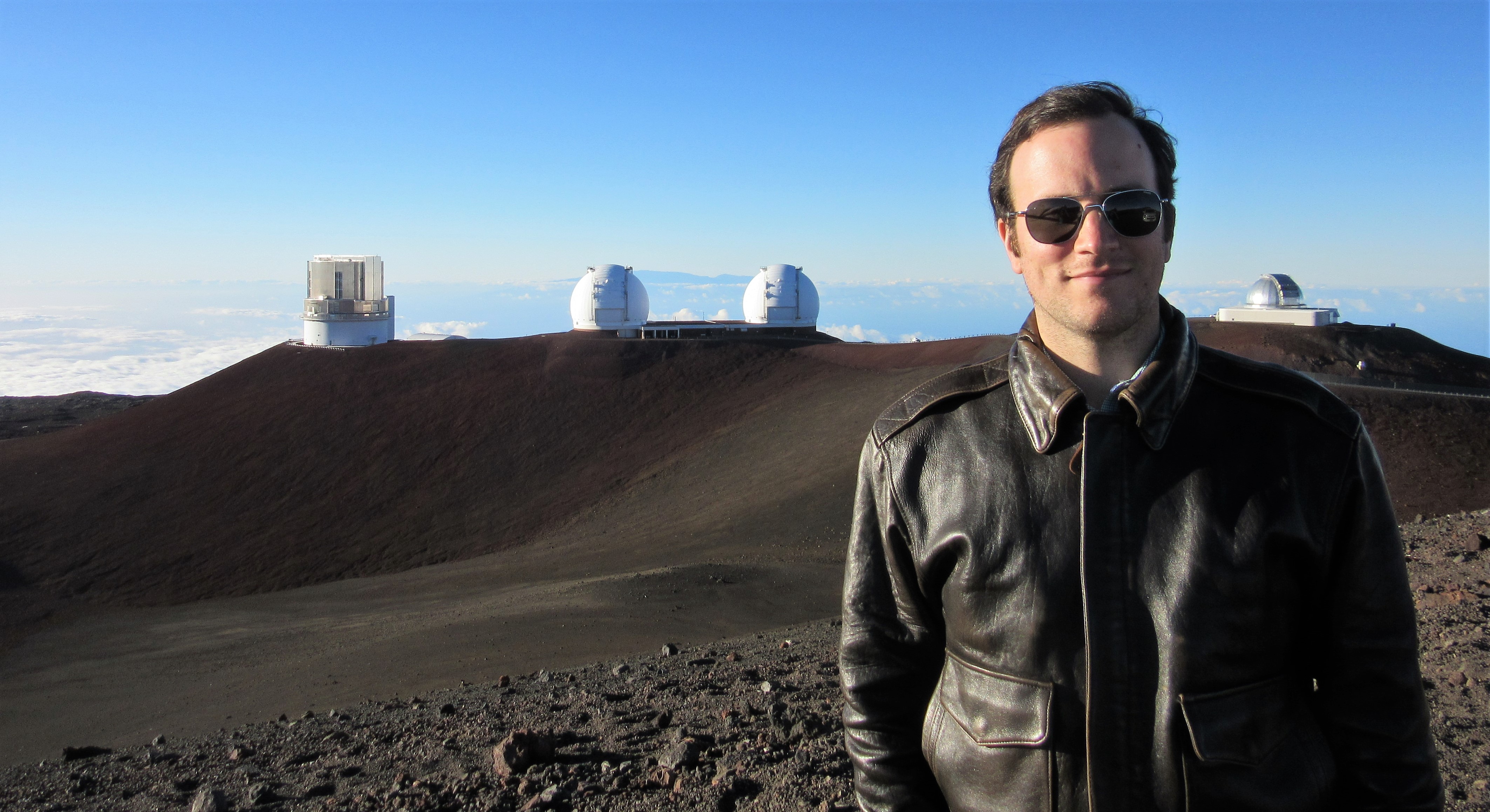“Well, Now What? What to Do Once You’ve Found Another Earth”
Thomas Beatty, PhD
Post-doctoral Fellow, Pennsylvania State University Department of Astronomy and Astrophysics Center for Exoplanets and Habitable Worlds
7:30 PM, Friday, January 13, 2017 Amateur Astronomers Association of Pittsburgh Meeting at the Science Stage, Carnegie Science Center, One Allegheny Ave.Pittsburgh, PA 15212.
Recent discoveries by the Kepler mission have shown us that Earth-sized planets are fairly common in the Galaxy. We expect to find several “habitable” planets that are the size and mass of Earth over the next decade, but then what? How do we distinguish between a nice temperate Earth, and an acidic metal-melting Venus? What can we learn about the climates, and even the weather, of exoplanets? Could we identify life, or even intelligence?

This lecture will start the January Meeting of the Amateur Astronomers Association of Pittsburgh, beginning at 7:30 PM on Friday January 13, 2017, at the Science Stage of the Carnegie Science Center, Pittsburgh, PA. Plans are underway to LiveStream the lecture on the AAAP Facebook Page. The meeting is free and open to the public. More information on the meeting to follow here at www.3ap.org, AAAP Facebook and in the January Guide Star AAAP Newsletter.
~~~~~~~~~~~~~~~~~~~~~~~~~~~~~~~~~~~~~~~
